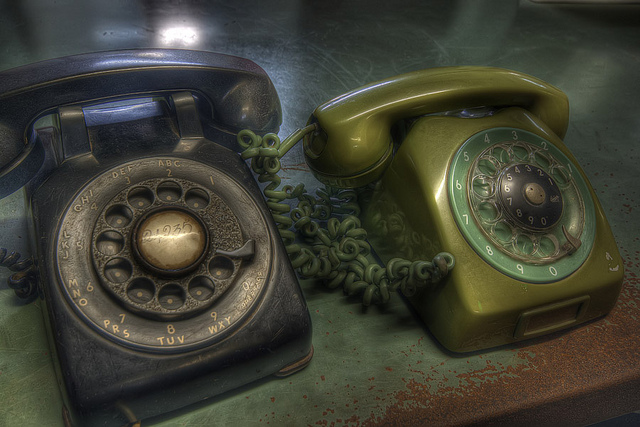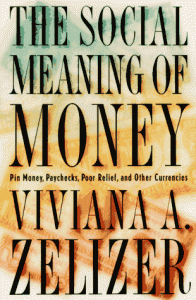
While political unrest in the United States and in the Middle East may look very different on the surface, social media plays a key role in both contexts. In an article published by MIT Technology Review, Zeynep Tufekci uses her research on political upheaval and social media to show how digital connectivity can enable large-scale movements — like the one in Egypt that ousted an autocratic leader during the Arab Spring — but also has a “dark side” that includes things like online infighting among activists.
Tufekci’s research further illustrates how traditional gatekeepers including mainstream media and NGOs have been removed from their positions of power by the swift rise of new, digital gatekeepers like Google, Facebook and Twitter. Politicians including Barack Obama and Donald Trump have used digital connectivity to bypass mainstream media and reach the public directly. While digital connectivity is useful to coordinate protests and create social communities, it can also polarize opinions — as was the case with Russian operatives who created fake local media brands and published polarizing content on social media during the 2016 presidential campaigns in the United States. Tufecki argues that social media is a double-edged sword: Both an instrument for spreading democracy and as a weapon that attacks it. Tufekci’s forward-looking proposition in the face of this reality is:
The way forward is not to cultivate nostalgia for the old-world information gatekeepers or for the idealism of the Arab Spring. It’s to figure out how our institutions, our checks and balances, and our societal safeguards should function in the 21st century — not just for digital technologies but for politics and the economy in general. This responsibility isn’t on Russia, or solely on Facebook or Google or Twitter. It’s on us.







